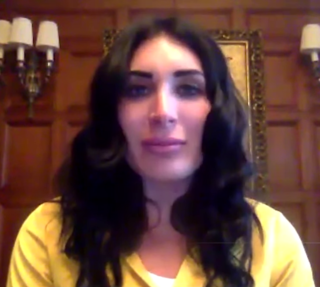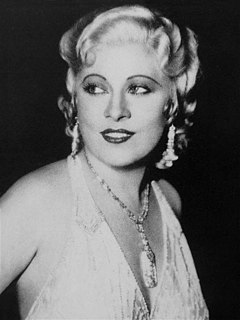A Quote by Sam Harris
We're right to say that a culture that can't tolerate free speech is... there are a wide range of positive human experiences that are not available in that culture. And we're right to want those experiences.
Related Quotes
The 'phenomenal concept' issue is rather different, I think. Here the question is whether there are concepts of experiences that are made available to subjects solely in virtue of their having had those experiences themselves. Is there a way of thinking about seeing something red, say, that you get from having had those experiences, and so isn't available to a blind person?
I believe there is a limit beyond which free speech cannot go, but it's a limit that's very seldom mentioned. It's the point where free speech begins to collide with the right to privacy. I don't think there are any other conditions to free speech. I've got a right to say and believe anything I please, but I haven't got a right to press it on anybody else. .... Nobody's got a right to be a nuisance to his neighbors.
A well-functioning democracy has a culture of free speech, not simply legal protection of free speech. It encourages independence of mind. It imparts a willingness to challenge prevailing opinion through both words and deeds. Equally important, it encourages a certain set of attitudes in listeners, one that gives a respectful hearing to those who do not embrace the conventional wisdom. In a culture of free speech, the attitude of listeners is no less important than that of speakers.
A free culture supports and protects creators and innovators. It does this directly by granting intellectual property rights. But it does so indirectly by limiting the reach of those rights, to guarantee that follow-on creators and innovators remain as free as possible from the control of the past. A free culture is not a culture without property, just as a free market is not a market in which everything is free. The opposite of a free culture is a "permission culture" -- a culture in which creators get to create only with the permission of the powerful, or of creators from the past.
The culture of chefs is a melting pot, and I always say this - if we could put all the heads of state around a table, each representing their food culture, and then each take one bite of the other's and pass it to the right, and then explain the ideals and culture around those bites, our world problems would be easier to solve.



































